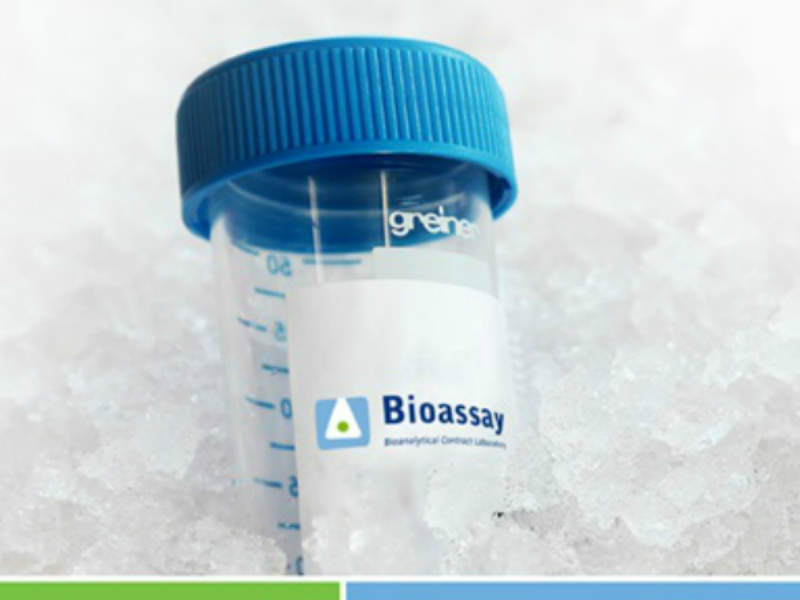Drug discovery and development is an incredibly expensive and time-consuming process that takes between 12 and 18 years and costs an average of $2 billion to $3 billion. Given the low odds of success, with only 10% of drug candidates progressing into clinical development, pharmaceutical companies must prevent further erosion of profit margins.
Automating processes in the drug discovery and development pathway with robotics supports faster analysis and lead generation, which in turn helps reduce the time and cost of moving a drug from the lab to the clinic.
robots can improve drug discovery and development
GlobalData’s Smart Pharma 2021 survey found that 22% of industry professionals believe that robotics will be one of the most disruptive technologies for optimizing the drug discovery and development process. However, most respondents also indicated that their company is not currently investing in the technology, suggesting that the use of robotics has not yet reached its full potential in drug discovery and development. Industrial co-bots in laboratory environments perform repetitive and complex workflows, and if connected through the cloud, workers can also benefit from real-time results. Many pharmaceutical companies already use robots for high-throughput screening in drug discovery, handling liquid compounds, and testing millions of samples for activity against a biological target. For example, AstraZeneca automates the design-build-test-analysis cycle for drug discovery in its Swedish iLab.
Robotic labs with remote control
Specialized robotics vendors such as Strateos, Automata Labs, and Insilico Medicine offer laboratory settings with cloud-connected robotic equipment, including both caged industrial robots and industrial cobots. These cloud-based robotic labs allow researchers to perform drug discovery and development processes, including the design-build-test-analysis cycle, remotely through a computer platform.
The lab robots are connected to a cloud platform and the data collected by the robot can be transmitted to any other robot on the same platform, allowing researchers to access the results in real time and analyze the results remotely. Laboratory-specific industrial cobots can perform both complex and repetitive tasks, such as fluid handling. This helps reduce human error and provide more reliable, reproducible results and speed up drug discovery and development processes.
Eli Lilly is the first major pharmaceutical company to publicly invest in cloud robotics labs, designing the Lilly Life Sciences Studio Lab with Strateos in the US. The closed-loop robotic laboratory consists of more than 100 instruments and provides storage for over five million compounds, accelerating the design-build-test-analysis cycle by automating design, synthesis, purification, analysis, sample management and hypothesis testing. Eli Lilly already has positive results, with the lab generating almost 20% of the company’s compounds that advance to biological screening. As the adoption of robotics in the pharmaceutical industry increases, cloud robotics labs will help companies rapidly produce new therapeutics for emerging diseases.
https://www.pharmaceutical-technology.com/comment/cloud-robotics-labs-drug-discovery-development/





